INTRODUCTION
Swimming pools have become an integral part of modern living, providing a refreshing escape from the scorching heat and offering a great way to stay active. However, not all swimming pools are created equal. There are various types and styles of swimming pools available, each with its own unique features and benefits. In this article, we will explore the different types/styles of swimming pools, highlighting their characteristics, advantages, and considerations. So, let’s dive in!
TYPES OF SWIMMING POOLS
ABOVE GROUND SWIMMING POOLS
They come in different shapes and are fully functional recreational pools, which are a good option for the cold season, and maintenance is relatively easy. These pools are typically made of steel, aluminum, or resin and can be easily assembled and disassembled.
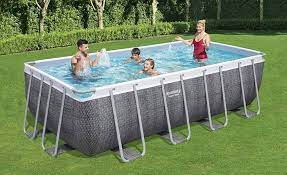
IN GROUND POOLS
In-ground pools are the most common and traditional type of swimming pool. They are built by excavating the ground and constructing a structure using materials such as concrete, fiberglass, or vinyl. In-ground pools provide a permanent and customizable solution, allowing homeowners to design their pool according to their preferences. They offer more space for swimming and are often equipped with additional features like diving boards, waterfalls, and integrated lighting.
KIDDIE SWIMMING POOLS
A unique and relatively affordable option that would satisfy your main reason for wanting a swimming pool. It provides a portable play feature for children and is the easiest pool to maintain. At the very lowest end of the scale is the easy-to-find portable kiddie pool such as “Intex Easy Set”. They can either be an inflatable device or a rigid plastic shell.

GEOMETRIC SWIMMING POOLS
They are generally known as popular above-ground swimming pools with attractive diverse shapes. Soft-sided above-ground pools are an excellent choice for owning a fully functional recreational pool for an affordable investment. Examples are L-Shaped pools, Circular pools, Free Form pools, Roman pools, Grecian pools, and Custom pools, to mention a few.

CONTACT US FOR MORE ENQUIRIES +234-803-3154-209.
OLYMPIC-SIZE SWIMMING POOLS
Olympic-sized pools are specifically designed to meet the standards and requirements for competitive swimming events. These pools are large in size, typically measuring 50 meters in length and featuring multiple lanes. They are found in sports complexes, universities, and training facilities. Olympic-sized pools provide ample space for swimmers to practice and compete at professional levels.
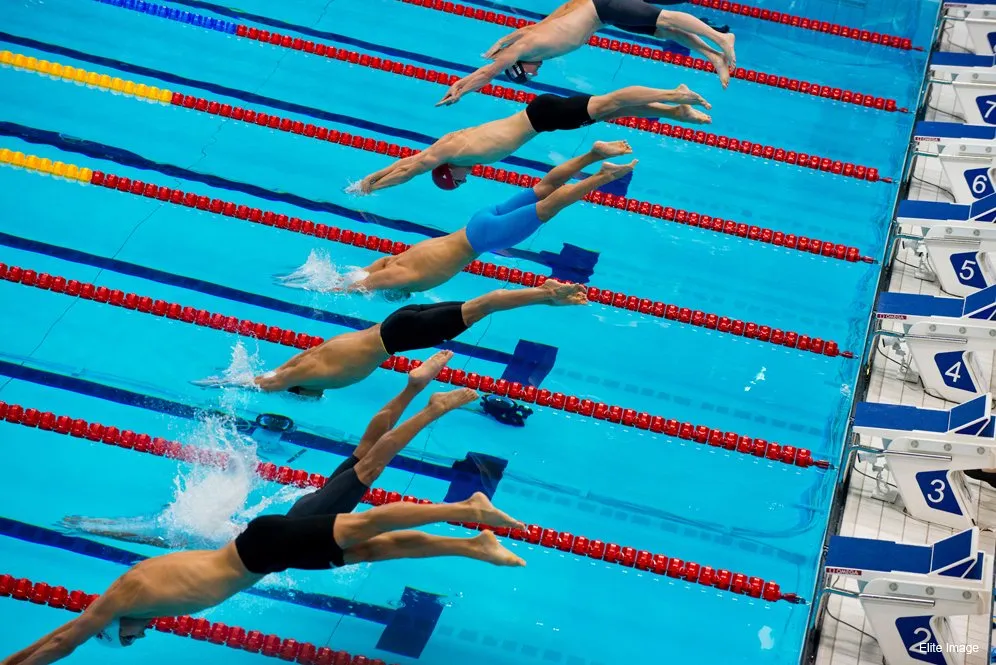
LAP POOLS
A lap pool is a special swimming pool built and used for fitness and health purposes. This type of pool is mandatory for serious health enthusiasts with limited space. They are relatively shallow and narrow and are not designed for diving boards and water slides but for enjoying daily workouts by swimming laps. A typical lap pool is rectangular in shape, which is ideal for long, narrow laps.
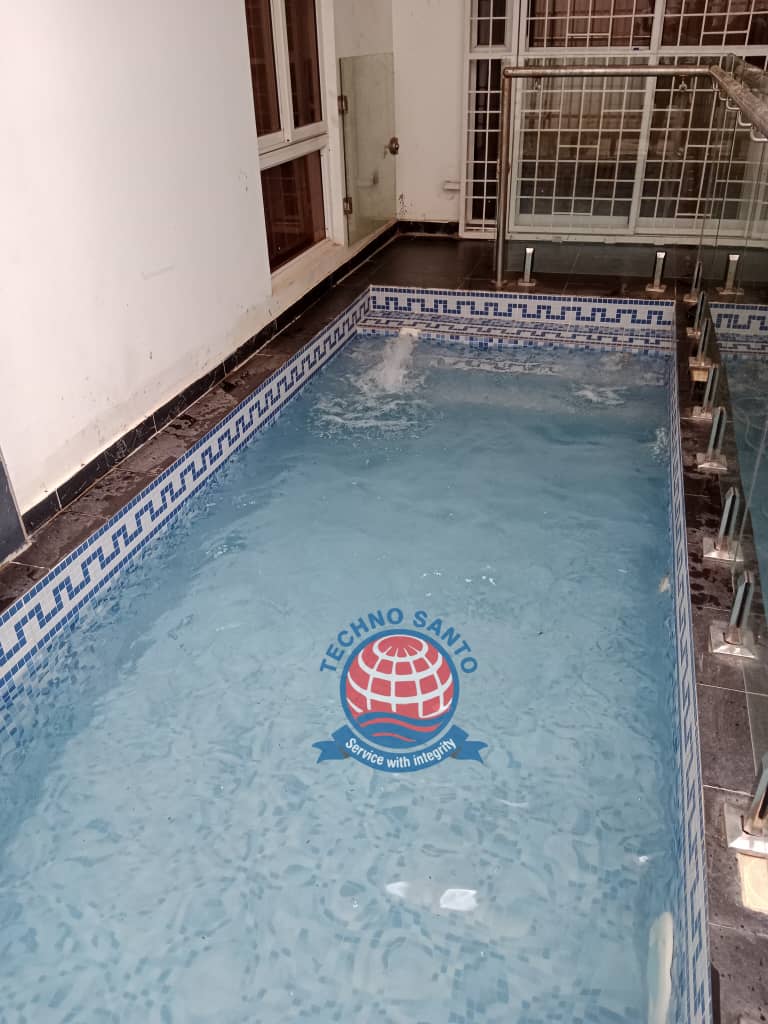
SPOOLS
These pools are generally in-ground and are created by using a large manufactured spa/whirlpool shell surrounded by a wide elevated deck. The name suggests a blend of the words ‘Spa’ and ‘Pool,’ giving the term Spool. Spools are great for relaxation and socializing. Most homeowners use a Spool mostly for relaxation and entertainment—a place to soak and cool off on hot days or enjoy drinks with friends on pleasant evenings.
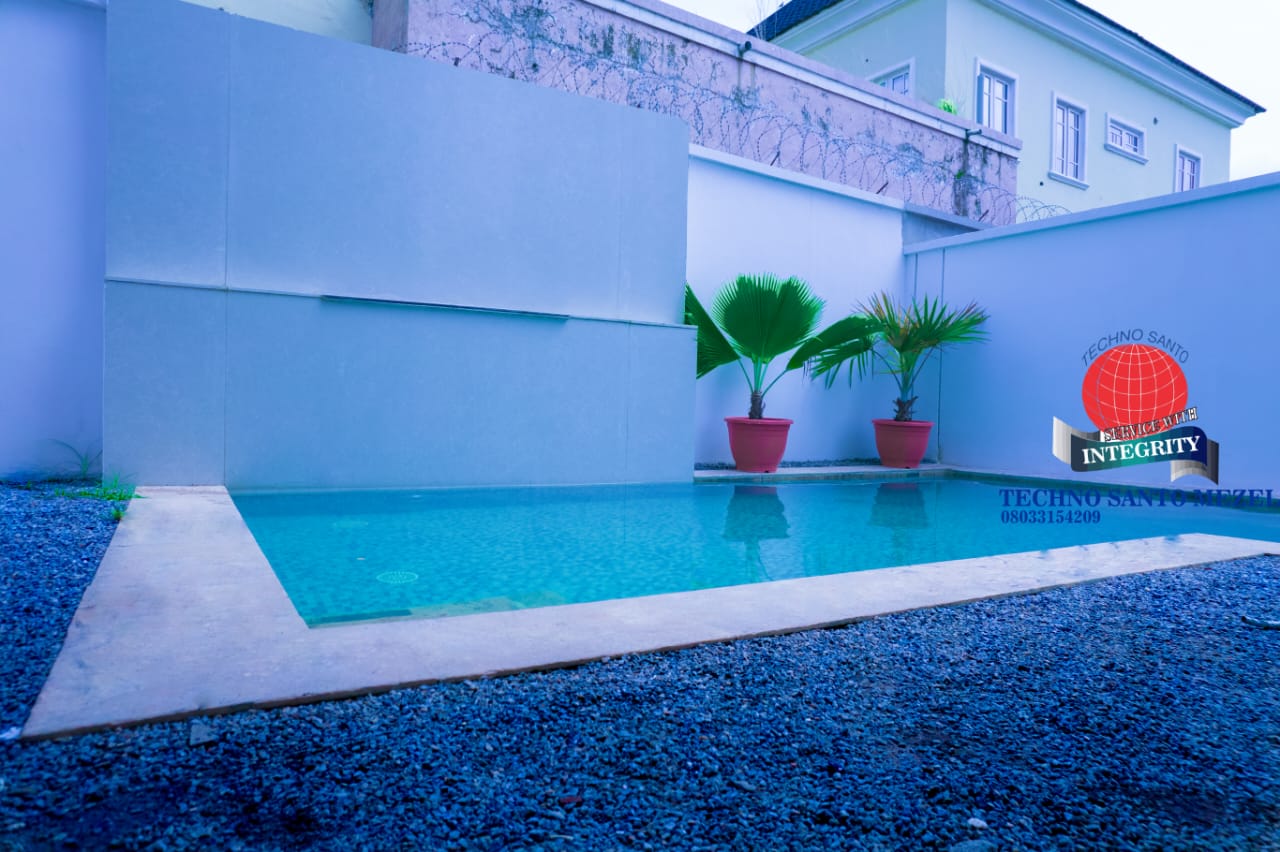
INFINITY POOLS
Infinity pools can also be referred to as Zero-edge or Disappearing-edge pools, Infinity-edge pools, Negative-edge pools, and Vanishing-edge pools. They take advantage of the surrounding landscape vistas and are usually custom-built. They create an illusion of water dropping off over the edge of the property like a waterfall. Infinity pools, just like architectural pools, are usually designed and built as part of a master plan during home construction.

ARCHITECTURAL POOLS
These pools are for more affluent owners. They are usually geometric and sophisticated and are mainly designed by architects. Architectural pools make a design statement while serving recreational functions. Their features include definite structures and lines, and most importantly, they echo the form of the house. They are built as part of the master plan during construction.
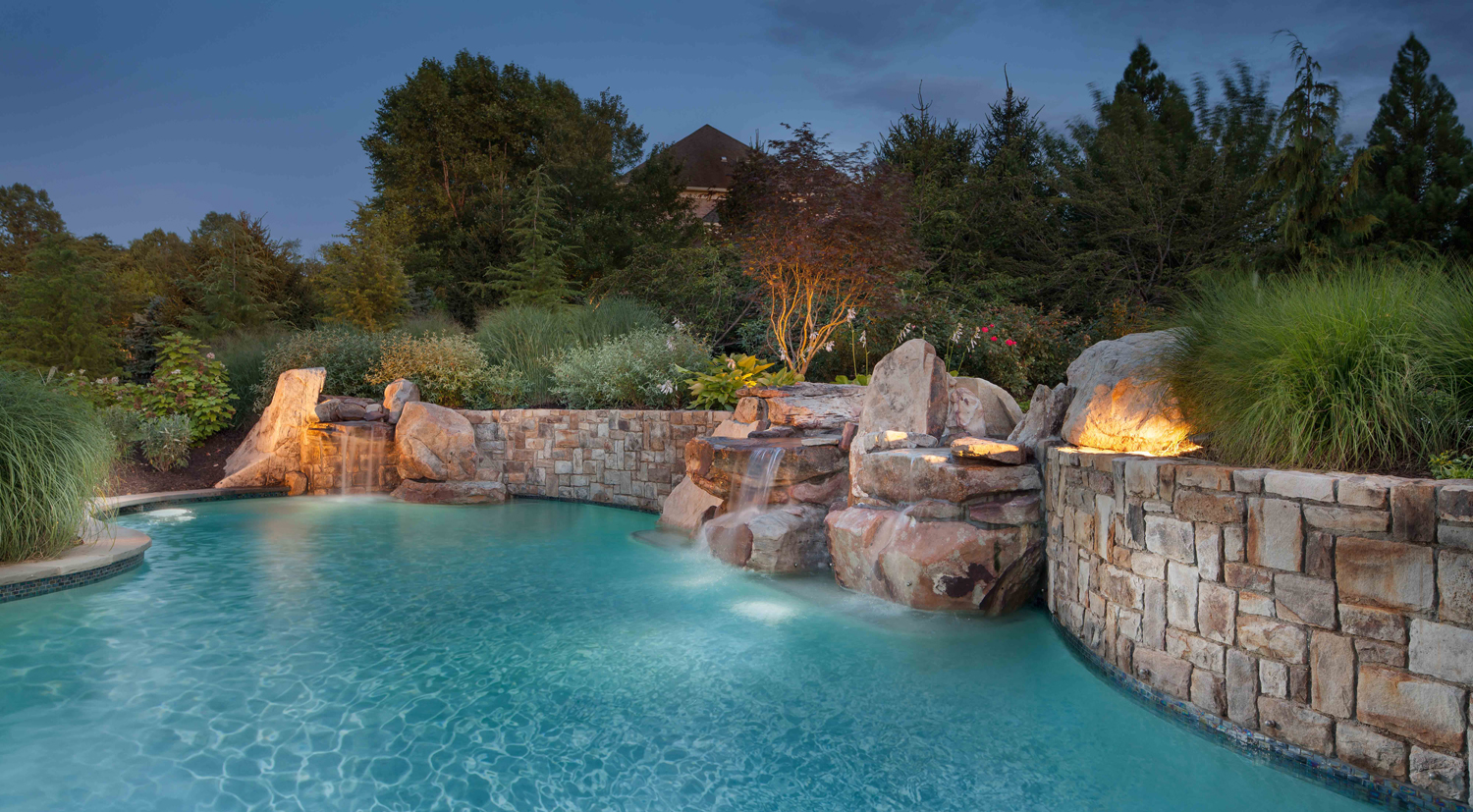
SALTWATER POOLS
This type of swimming pool is also referred to as an Ocean pool. It is best for owners who prefer to avoid chemicals like Chlorine, Flocculant, Algaecide, and others. These pools are popular in Australia and New Zealand.
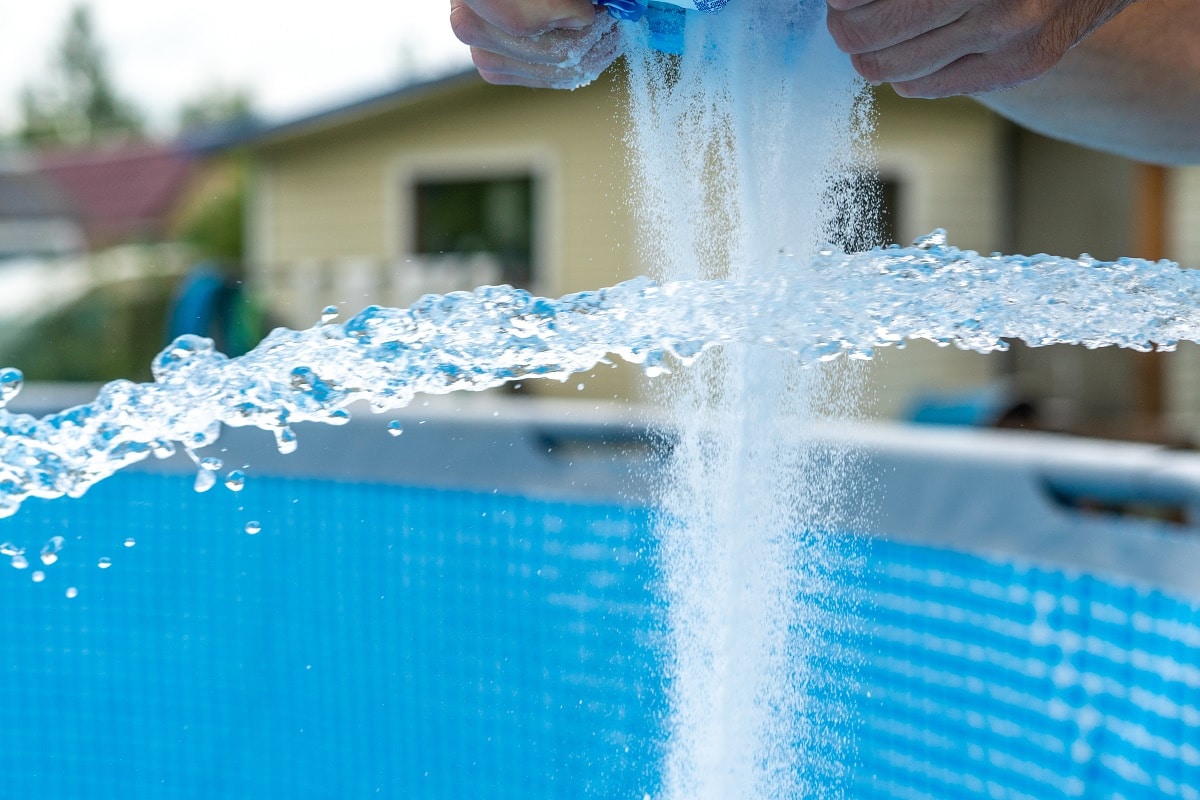
NATURAL POOLS
These types of pools originated in Europe and are self-cleaning pools that combine swimming areas and water gardens. They are cool due to the combination of natural landscape appeal and water recreation. When the ecosystem is kept properly balanced, these can be fairly easy pools to take care of. They are generally seen as God-made swimming pools because they make a natural statement of natural creation.
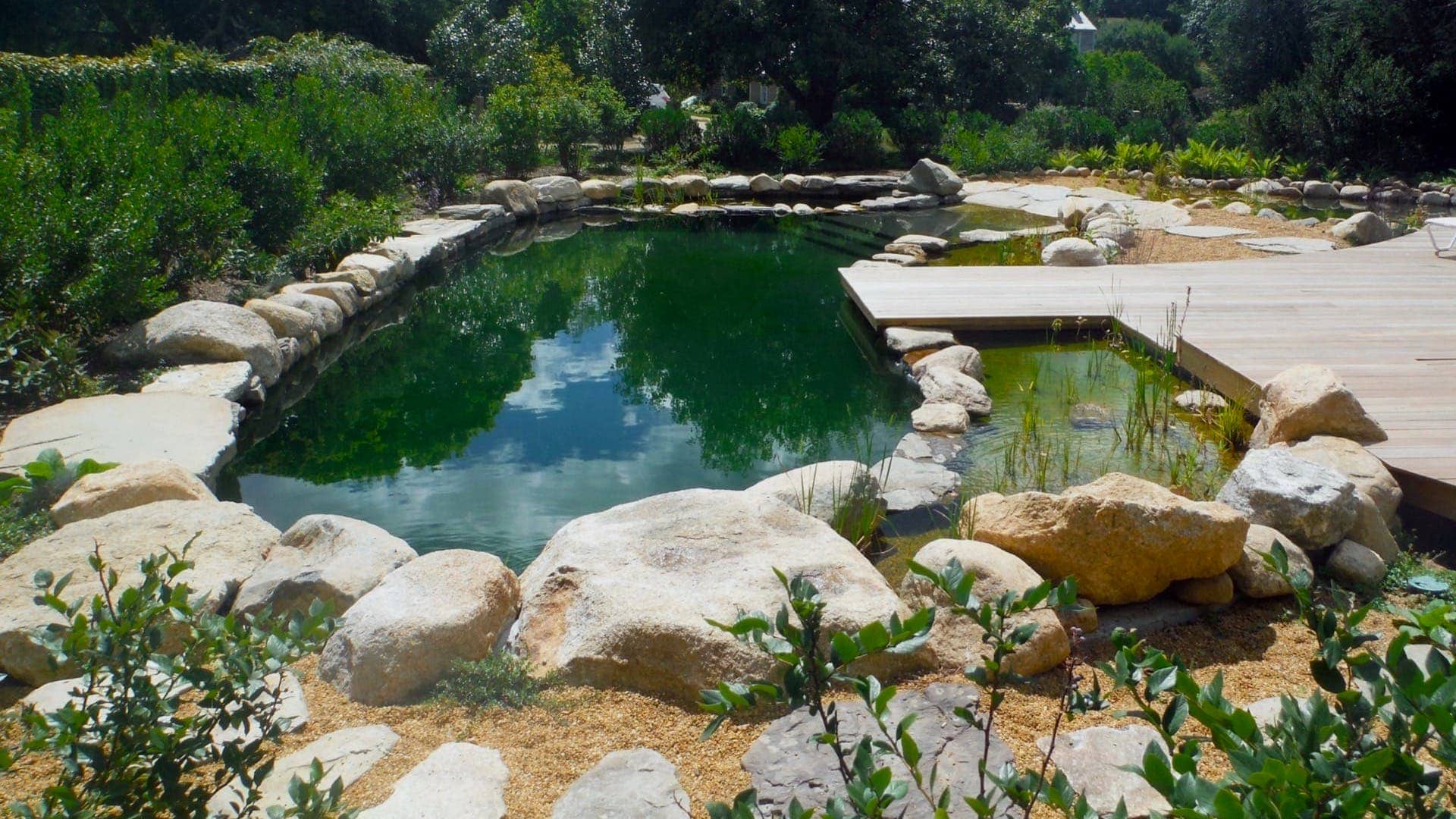
INDOOR SWIMMING POOLS
Generally simple, geometric shapes, and built for swimming or training, especially in cold climates. They are always located inside, under a roof, and usually insulated by at least one wall of the home. Indoor swimming pools are characterized by plenty of space and are best for affluent families.
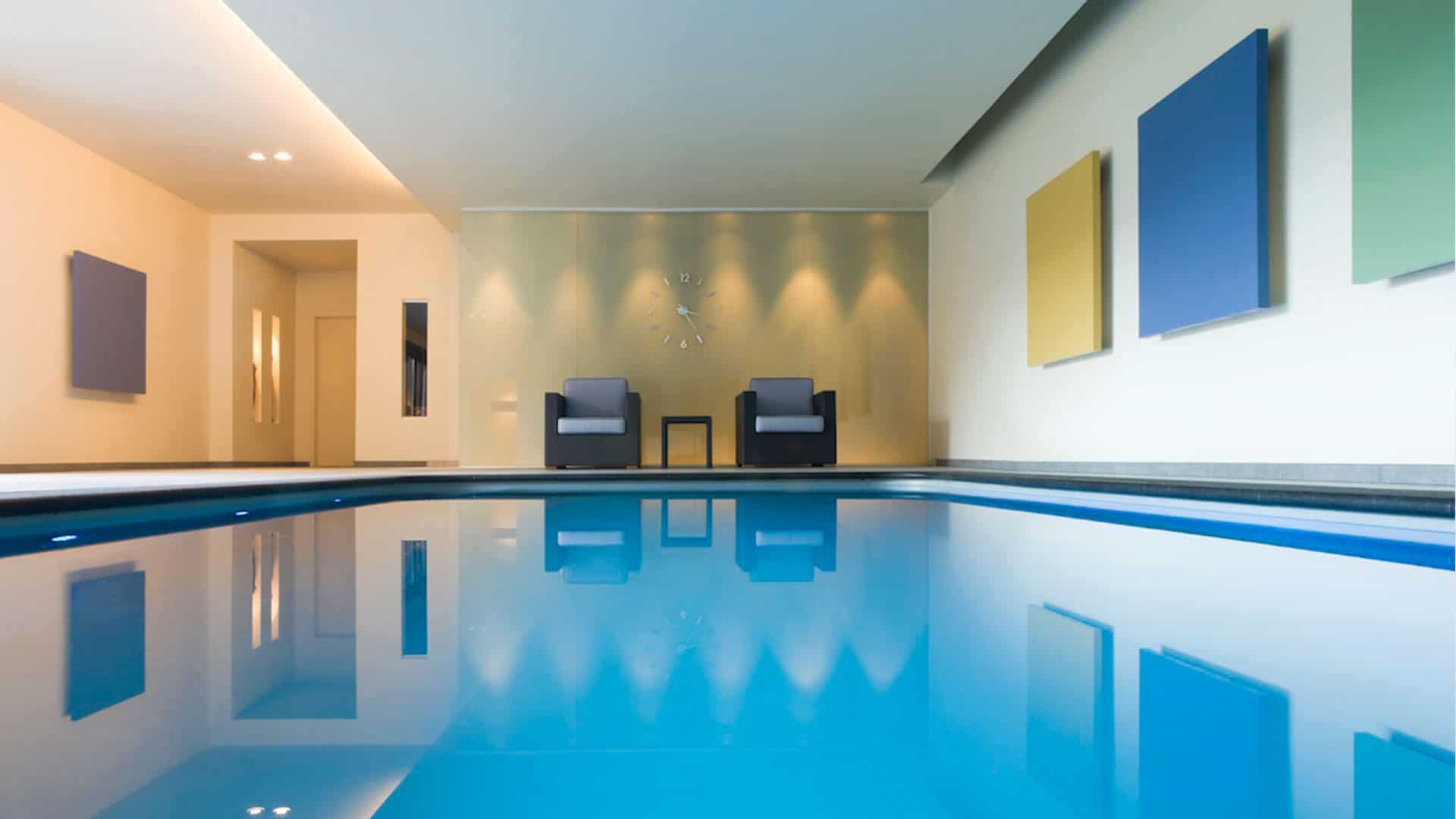
PLUNGE SWIMMING POOLS
These are small, cold-water pools that have been in use for thousands of years in Ancient Rome and China. They are an alternative for health enthusiasts who enjoy swimming.
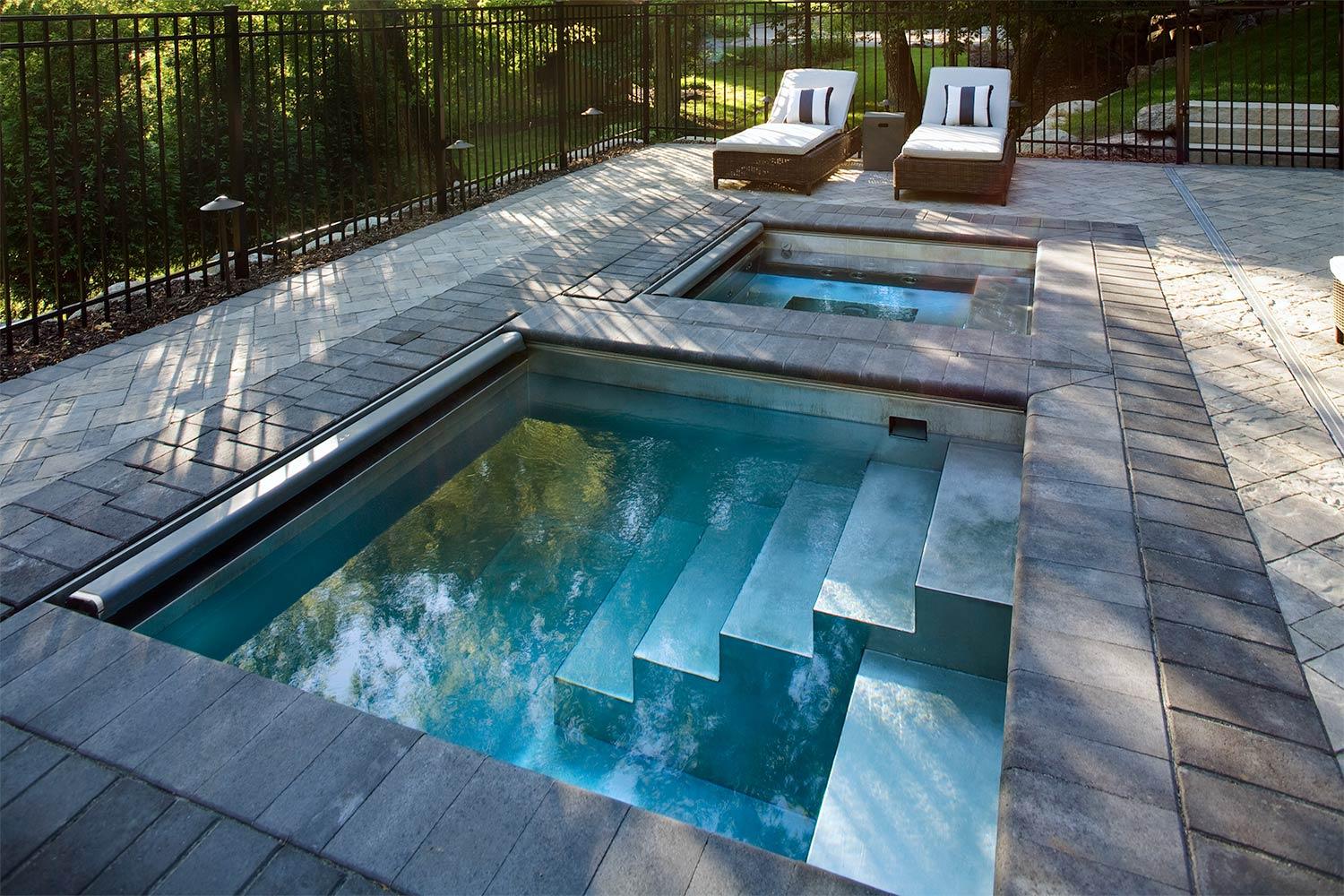
FACTORS TO BE CONSIDERED WHEN CONSTRUCTING A POOL
- Budget
- Available space
- Your needs
- Maintenance requirements
- Environment and climate
CONCLUSION
Swimming pools come in various types and styles, catering to different preferences, budgets, and requirements. Whether you opt for an above-ground pool for its convenience, an in-ground pool for its customization options, or an infinity pool for its stunning aesthetics, there is a perfect swimming pool out there for everyone. Consider your needs, space availability, and desired features when choosing the right pool for your home. With a swimming pool, you can create a refreshing oasis right in your backyard and enjoy countless hours of fun, relaxation, and exercise.
FAQs
- Q: What is the cost difference between an above-ground pool and an in-ground pool? A: The cost of an above-ground pool is generally lower than that of an in-ground pool due to the difference in construction and installation requirements.
- Q: Can I convert my existing pool into a saltwater pool? A: Yes, it is possible to convert an existing pool into a saltwater pool by installing a salt chlorinator and making necessary adjustments to the filtration system.
- Q: Are natural pools safe for swimming? A: Yes, natural pools are safe for swimming as they use biological filters and plants to maintain water quality without the need for chemicals.
- Q: Can I use an outdoor pool during the winter? A: Outdoor pools can be used during the winter, but they may require additional maintenance and heating to keep the water at a comfortable temperature.
- Q: Are swim spas suitable for beginners? A: Swim spas are suitable for swimmers of all skill levels, including beginners. The adjustable current allows users to swim at their own pace and gradually increase intensity.
For the construction and maintenance of state-of-the-art swimming pools that meet international standards, kindly contact us at Techno Santo Mezel Nigeria Limited –


